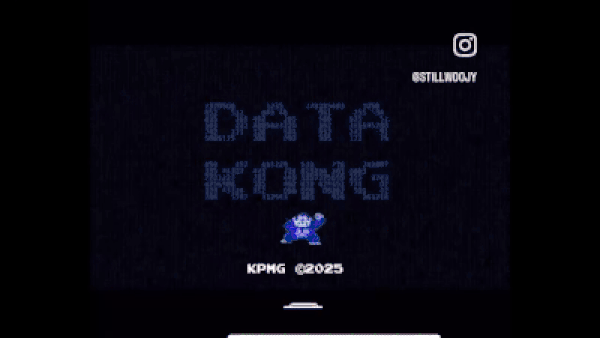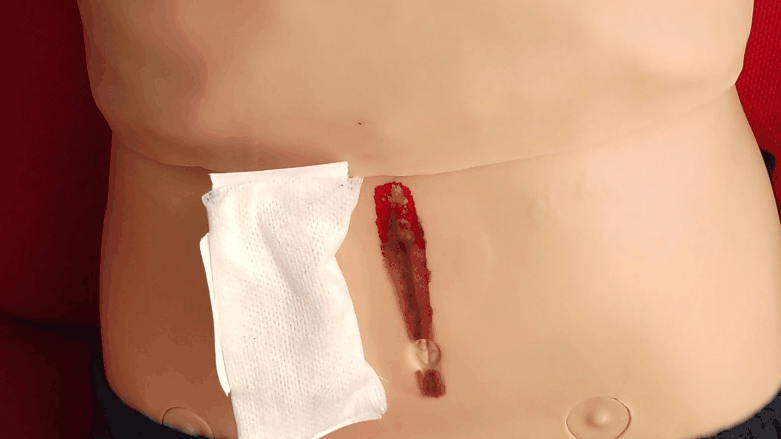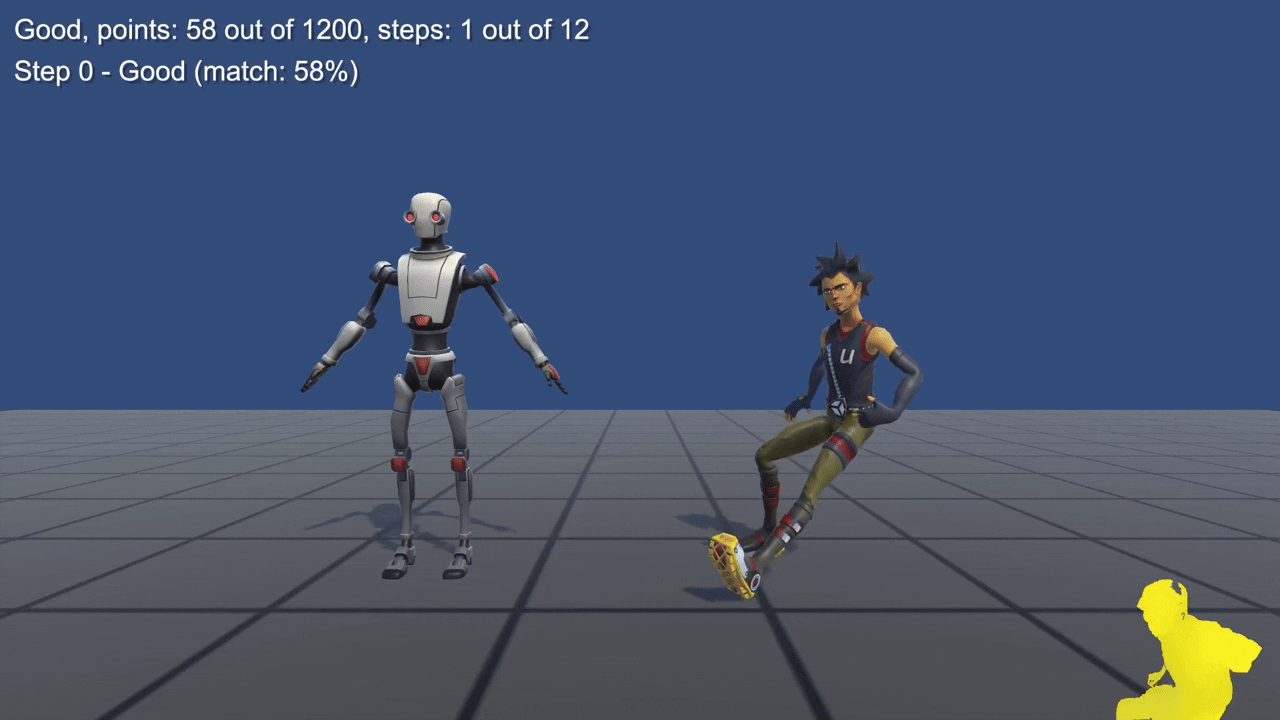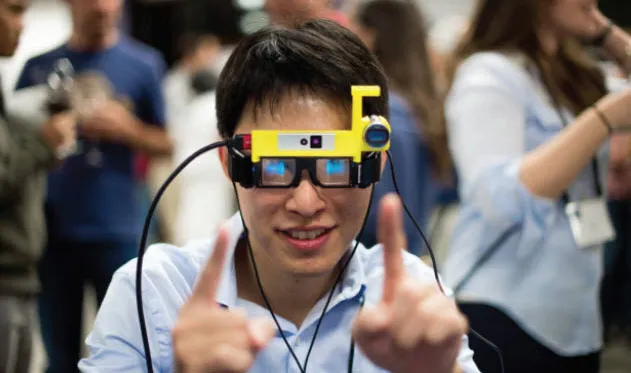















Projects
Click the project gallery above to learn about my research and projects in more detail.
About Me
My name is Woojin, and I am a 3rd year PhD student in Computer Science at Cornell Tech. I am a member of the XR Collaboratory.
My current research in human-computer interaction focuses on the intersection of technology and neurodivergence / mental health. I primarily work on the development and design process of 3D user interfaces and interactions for virtual and augmented reality applications (VR / AR). My past projects have spanned various application areas such as at-home healthcare, architectural design, music, and more.
Previously, I graduated from UC Berkeley with a B.S. in Electrical Engineering and Computer Science as a member of the Berkeley EECS Honors Program. I worked under the supervision of Prof. Bjoern Hartmann in the Jacobs Institute for Design Innovation, Prof. Luisa Caldas in the XR Lab, and Dr. Allen Yang in the FHL Vive Center for Enhanced Reality
After finishing my undergraduate in 2021, I deferred my PhD admission to take a gap year. Post COVID burnout, I wanted to catch my breath and work on recuperating my mental health. I later interned as a technical exhibit designer at the National Museum of Mathematics. I was also fortunate enough to have the means to travel to various parts of the world.
